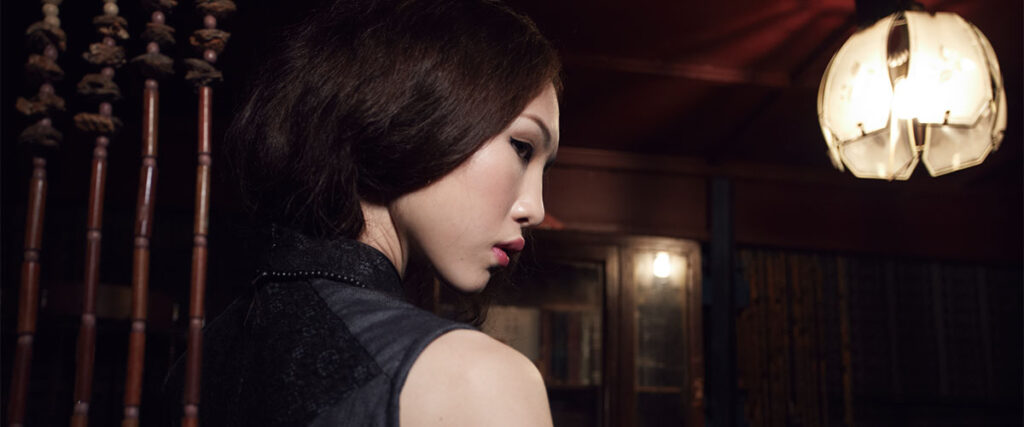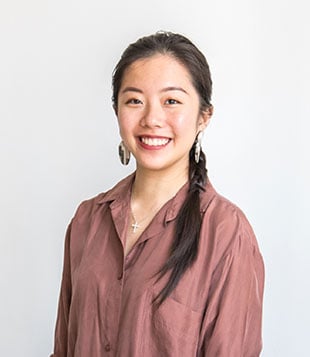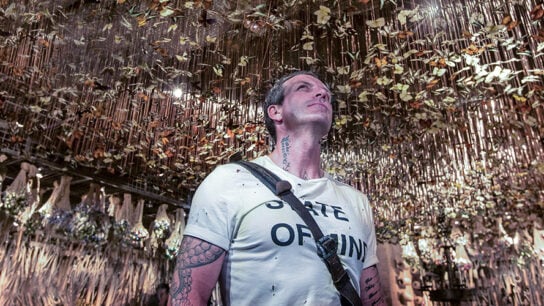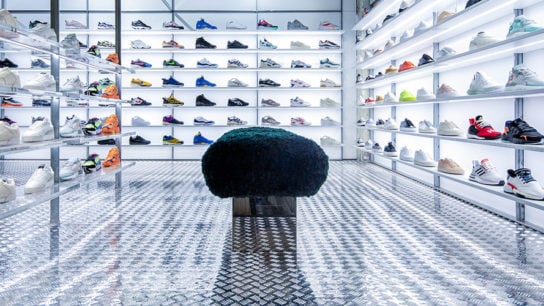Sustainable fashion innovator Janko Lam wants to preserve local cultural heritage and reshape our idea of fashion with her denim Cheongsam dresses.
Whilst many sustainable fashion designers strive to come up with novel designs using recycled materials, Hong Kong creative Janko Lam sets herself apart from the pack by harking back to the past and paying tribute to her cultural heritage. With her nostalgic brand Classics Anew, Janko reinterprets Cheongsam, the traditional Chinese close-fitting dress, in fabrics such as recycled denim and cotton to transform it into an unexpectedly contemporary piece suitable for women of all generations. Through her creations, the emerging designer and prominent member of the Hong Kong Fashion Designer Association wants us to see this Chinese wardrobe classic in a new light and implores us to rethink our relationship with clothing.
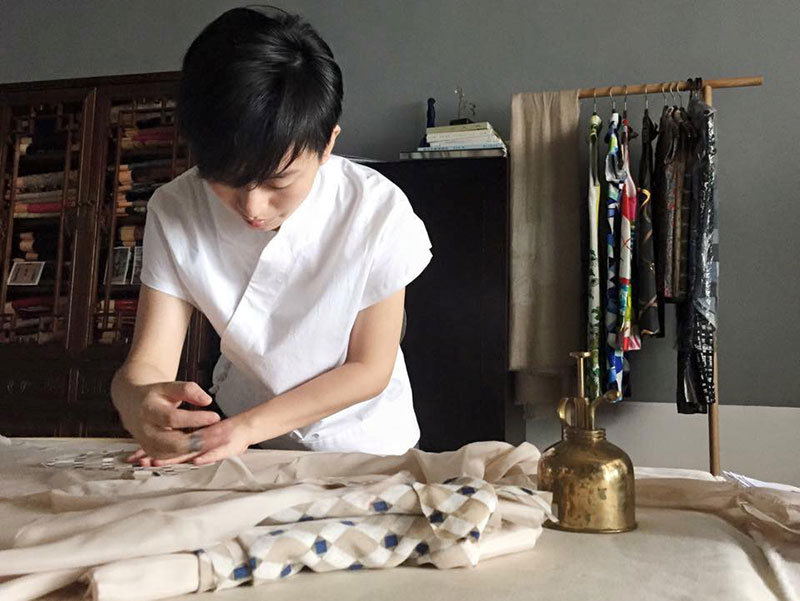
Since childhood, the Hainan-born, Hong Kong-based fashion designer has been intrigued by the art of handicraft, which led to her majoring in fashion design at college. But her interest in Chinese traditional clothing was not ignited until she started to work as a costume designer at TVB, the Hong Kong’s local broadcast company. “The two years’ experience I had designing Chinese traditional costumes for TVB’s Cantonese dramas opened my eyes to the unique charm of traditional Chinese craftsmanship. It’s fascinating to learn how every detail from the design of collars, all the way down to the adornment on clothing, has its own social meaning,” Janko recalls.
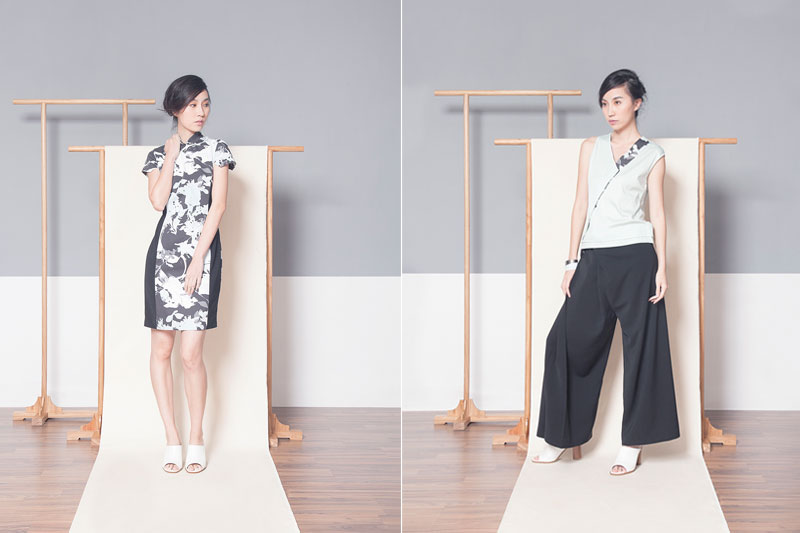
Realising that there’s simply too much wastage in the fashion industry, Janko began to reach out to local fabric manufacturers for textile waste. “My motive is simple,” Janko explains, “I am not a wasteful person, so when I saw the unused piles of fabric scraps in perfect condition being sent off to the landfill every day, I felt this itch to save them, revive them and create something out of them. And they’ve now become the core of my brand’s story and business operation.”
As the first winner of Hong Kong’s annual sustainable fashion competition the EcoChic Design Award in 2011, for which she was given the chance to design a collection for leading fashion brand Esprit, Janko has had much experience converting various types of unwanted fabrics into chic pieces. “One of the perks of using discarded materials, as I see it, is their endless creative possibility,” she tells us. Convincing others of their appeal has not always been easy. “I won’t deny the fact that there are still a small number of local consumers who have the misconception that those fabrics are dirty,” she explains. However, slowly she sees the tide turning. “The idea of eco-friendly fashion wasn’t that popular in the past, but because sustainable development has been in vogue in recent years, not only within the fashion industry but also in the food sector, the business sector etc., we see hints of growing interest in environmentally friendly design among the public.”
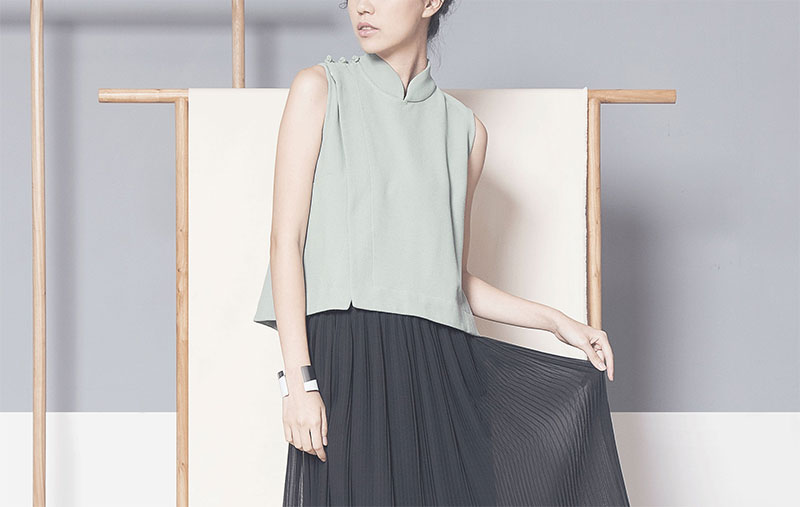
Nonetheless, in Janko’s opinion, this growing acceptance of eco-fashion is still insufficient. To ensure long-lasting sustainable development, it also needs to be supplemented with attitudinal change. “Hong Kong is overwhelmed by materialism. For some reason, shopping has become a way to de-stress, resulting in a lot of reckless purchases. Local consumers weigh quantity over quality and durability because, for them, fashion is cheap,” Janko says. She is working hard to change that. “We want to subvert that opinion through workshops and seminars. We hope to spread the message, not just among consumers, but also designers, that the way forward must give a nod to not only environmentally friendly designs but also to artisanal skills. It is something that cannot be achieved by mass production.” It’s a passionate argument for change and one that is hard to ignore. Next time we shop, we’d do well to consider it.
